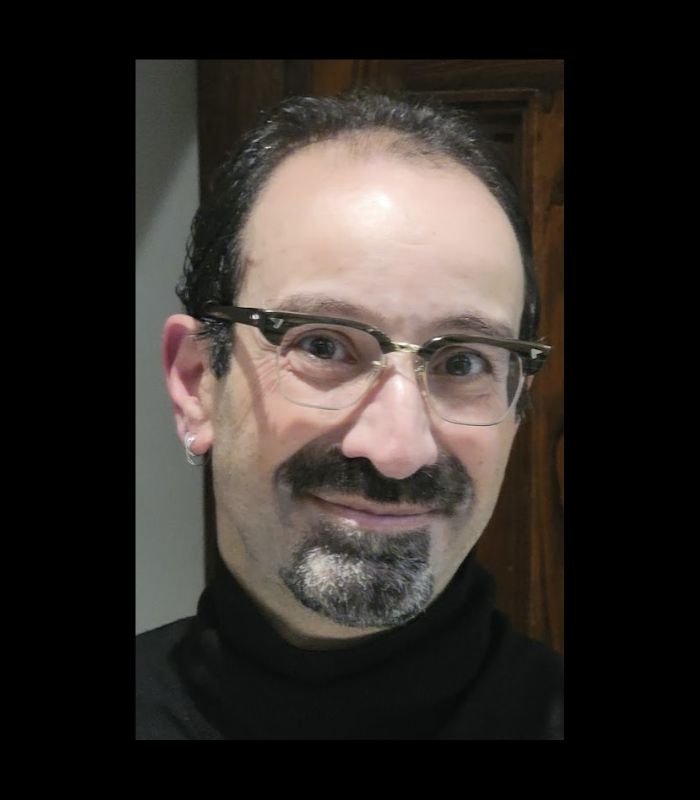Aucun résultat

In founding the Developmental Research in Early Adversity Mental health BIological susceptibility and Gender (DREAM BIG) consortium, Dr. Ashley Wazana leads an international collaboration of seven prenatal cohorts (ALSPAC, GEN-R, MOBA, PREDO, MAVAN, GUSTO, and UBC) that harmonizes comparable cohorts so as to be able to ask replicatable questions about the complex interplay of genetic susceptibility and prenatal exposure in the prediction of mental illness both as observed phenotypes and measured brain changes. We innovate computational approaches for gene-environment interactions to comprehensively model sex-specific effects of prenatal programming, genetic susceptibility, and the influence of the early postnatal environment.
Dr. Ashley Wazana also examines the role of these same early development factors (environmental and genetic susceptibility) in understanding response to treatment (e.g.. child susceptibility, gender, modification of the early environment) in children and youth with severe psychopathology. He co-leads a DOHaD Canada national task force on the development of a perinatal index of susceptibility to inform precision medicine and early prevention. He is also participating in the development of a Canadian Framework for Brain Health, a nationally-funded initiative led by Dr. Laurence Kirmayer at McGill.
Dr. Ashley Wazana is a senior FRQS clinician-scientist in the Department of Psychiatry at the Jewish General Hospital. He runs a developmental research benchside to bedside laboratory. His goals are to understand the interplay of complex developmental factors (biological and environmental) in the emergence and treatment response of psychopathology. Specifically there are four axes of research:
Szekely, E., Neumann, A., Sallis, H., Jolicoeur-Martineau, A., Verhulst, F. C., … Wazana, A. (2020). Journal of the American Academy of Child and Adolescent Psychiatry, 60(1), 186–197. https://doi.org/10.1016/j.jaac.2020.02.017
Jolicoeur-Martineau A, Belsky J, Székely E, Widaman K, Pluess M, Greenwood C, Wazana A. (2020). Development and Psychopathology, 32(1):73- 83. https://doi.org/10.1017/S0954579418001438
Balvardi S, Rahbari N, Jolicoeur-Martineau A, Rudy L, Arnovitz M, Laplante DP, Brown M, Habib P, Zelkowitz P, Guzder J, & Wazana A. (2021). The Canadian Journal of Psychiatry, 64(4): 269-280. https://doi.org/10.1177/07067437211000627
Greenfield, B., Jolicoeur-Martineau, A., Brown, M., Kandiyoti, A., Henry, M., Sasson, T., Ahmadi, S., Vivani, T., Harnden, B., de Castro, F., Tran, B., Boodaghians, L., Weiss, M., Atsaidis, Z. & Wazana, A. (2021). Preventive Medicine 152, 106737 https://doi.org/10.1016/j.ypmed.2021.106737
Wazana A, Oberlander T, Szekely E, eds. (2021). Springer Press.
You have the power to make a difference! Your gift will support vital research at the Lady Davis Institute for Medical Research (LDI) that will translate into disease prevention, improved diagnoses, earlier detection, new and enhanced therapies, a better quality of life, wellness and hope for all of us.
Faire la différence, vous avez ce don! Votre contribution soutiendra la recherche essentielle menée à l’Institut Lady Davis qui permettra la prévention des maladies, des diagnostics plus précis, des dépistages plus rapides, des traitements innovants et plus performants, une meilleure qualité de vie, le bien-être et l’espoir pour nous tous.
Copyright © 2024 | Lady Davis Institute for Medical Research/Jewish General Hospital
Conception et développement : Yankee Media